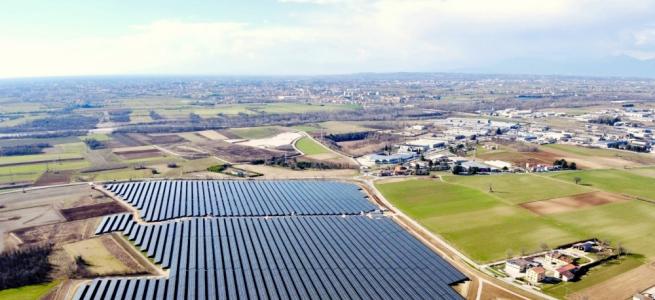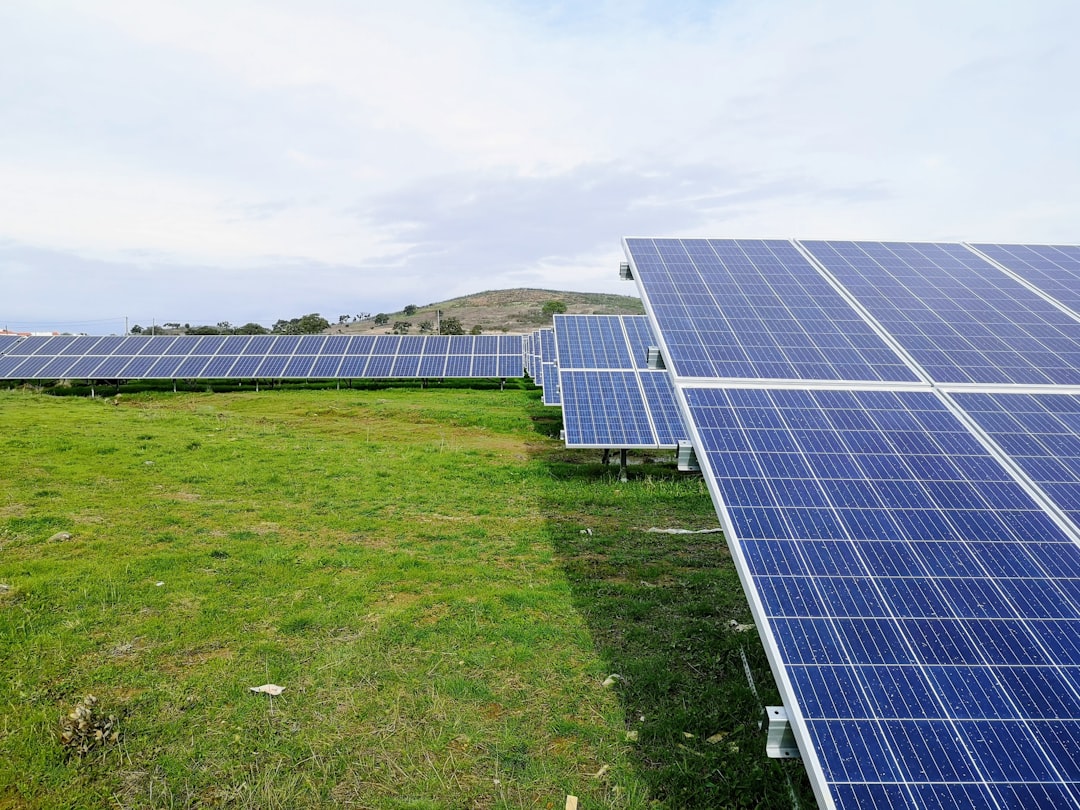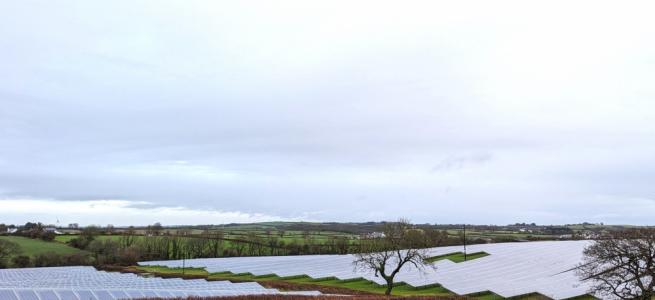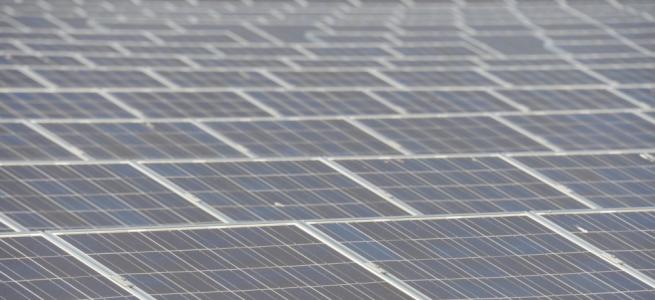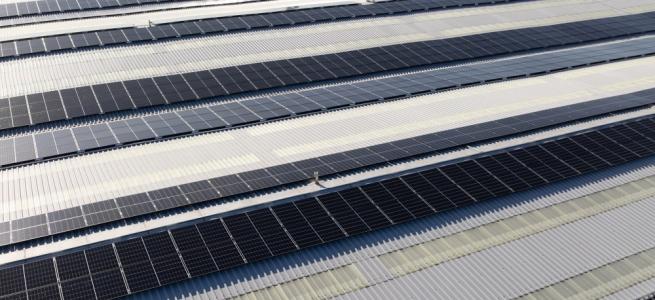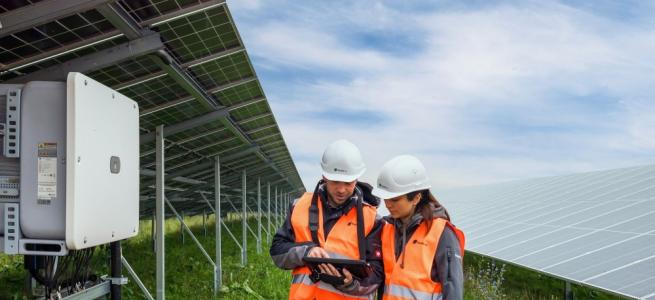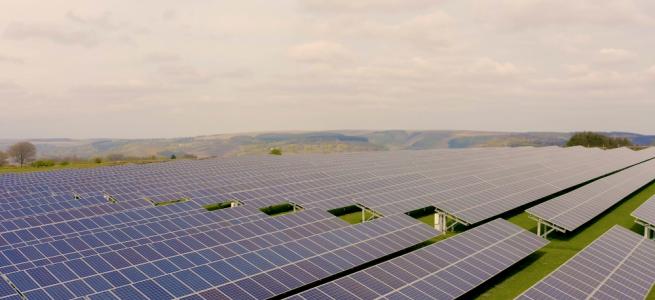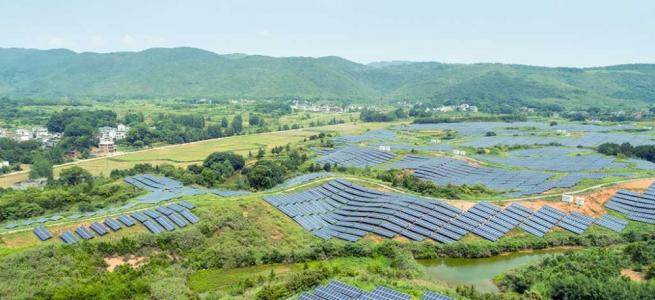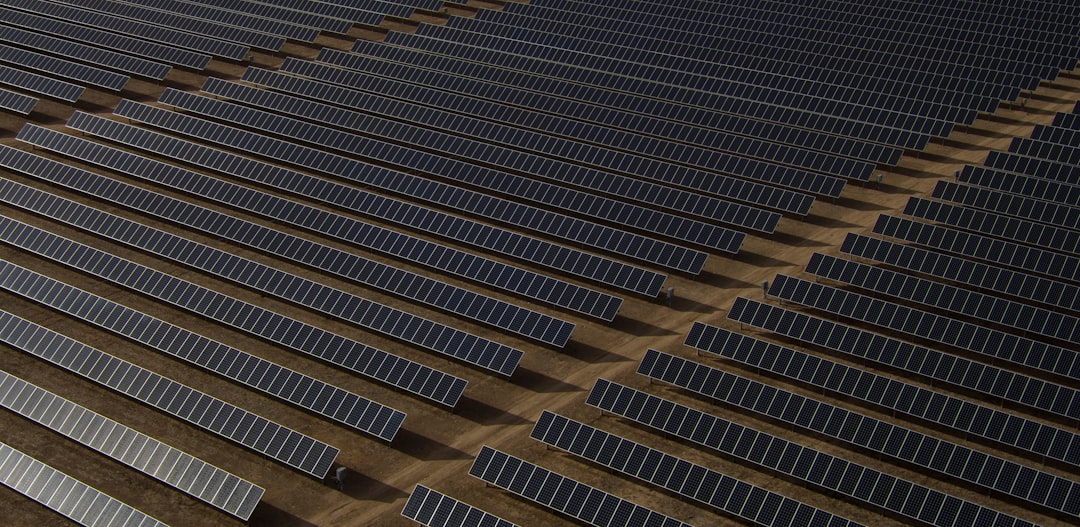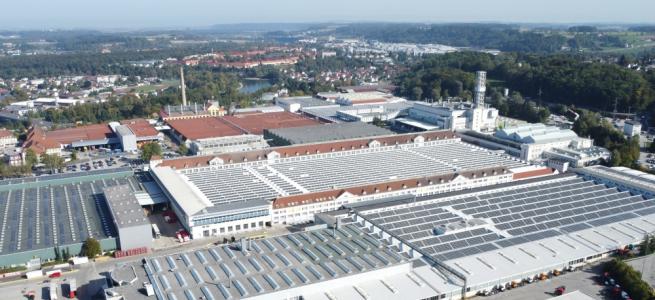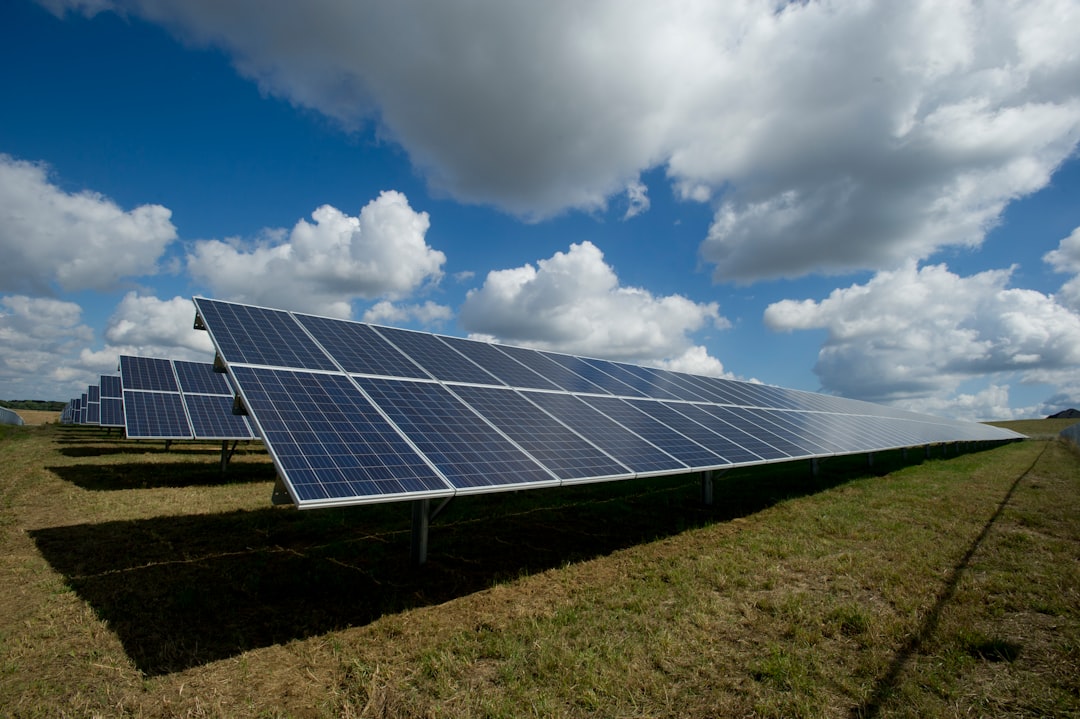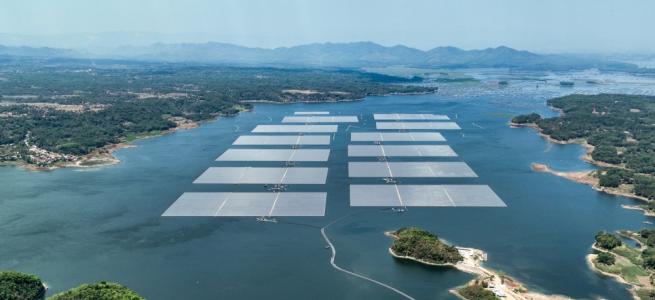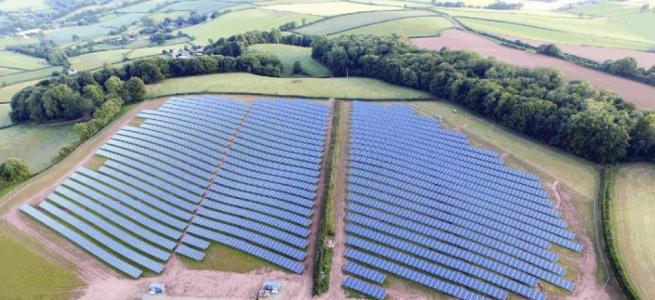UK Government announces CfD budget breakdown

Following approval from the European Commission that the UK government can go ahead with the Contract for Differences (CfD) scheme the Department of Energy & Climate Change (DECC) has announced a budget of 0ver £200 million per year in which renewable energy projects will now compete for a part of the government offerings.
From October, renewable energy projects will compete for the budget of over £200 million a year, as part of the government's reforms to the electricity market, Energy and Climate Change Secretary Ed Davey announced formally.
The funding is for the first allocation round for the new CfD scheme and the government is selling it as a process that will provide long-term certainty and reduce risk for investors, although time will be the decider of such a claim.
The government's reforms to the electricity market aim to reduce emissions from the power sector in a cheaper manner than through existing policies. DECC calculates it will around 6% (£41) lower on the average domestic electricity bill up to 2030. There is no indication that such savings will pass to consumers unless energy companies voluntarily agree but the noise from the main energy companies in the UK is the claim that they had not added the cost in the first place despite claiming the green costs of energy was what was driving bills up.
Davey said that renewable energy projects would have to bid competitively for the contracts, ensuring that new, clean electricity generation would be built at the lowest possible cost to energy consumers. The idea of increased competition to reduce costs is a stalwart of the current government and the impact on different sectors remains to be seen. Industry analysts suggest solar will do well at first with wind energy not having to move directly to the CfD scheme. Emerging technologies in the energy field will have a harder time seeking support for untried technologies.
DECC has also signalled that at least a further £50 million is planned for an auction round in 2015, with a total of around £1 billion potentially available later for further projects, including Carbon Capture and Storage, up to 2020-21.
Davey said "Our plan is powering growth and jobs as we build clean, secure electricity infrastructure for the future. By radically reforming the electricity markets, we're making sure that decarbonising the power sector will come at the lowest possible cost to consumers.
"Average annual investment in renewables has doubled since 2010 - with a record breaking £8billion worth in 2013.
"These projects will create green jobs and green growth, reduce our reliance on foreign-controlled volatile energy markets and make sure billpayers get the best possible deal.
"We're building a secure, low-carbon electricity system that will be the powerhouse of the British economy, supporting up to 250,000 jobs by 2020."
The funding will be managed by the Levy Control Framework, which caps the cost to consumers of renewable energy policies.
The new system is designed to bring more competition and encourage private sector investment in low-carbon electricity generation. The budget estimate comes after the European Commission confirmed that the Contracts for Difference, Capacity Market schemes, and five offshore wind projects supported by early Contracts for Difference, are in line with its rules on state aid.
The CfD budget will be split between up to three technology groups, one for more established technologies, like onshore wind and solar, and one for less established technologies like offshore wind, and one for biomass conversions. Within each group, contracts will be allocated competitively, putting the UK in the forefront of driving down the costs of supporting renewable technologies and delivering better value for consumers.
Industry comment has not been as supportive as the government would have liked with the Renewable Energy Association stating that the planned budget will not ensure value for money for consumers
The REA stated it was very conscious of the need to limit the cost of renewables subsidies to consumers but was surprised that the government had allocated three times as much budget to less-established technologies (£155 million per year for pot 2) than to the cheaper, more established technologies like solar power, onshore wind and conventional waste to energy technologies (£50 million per year for pot 1). There is also no additional funding for biomass conversions (pot 3). However, it is mainly the technologies in pots 1 and 3 that can immediately plug the looming capacity crunch with low carbon generation whilst ensuring value for money for the consumer.
REA Chief Executive Dr Nina Skorupska said, "The limited funding for several key technologies will send shockwaves through the industry. It's really important not to lose sight of the bigger picture today. Ultimately all renewables, not just in power but in heating and transport too, are really competing with fossil fuels that are mostly imported from overseas and damage the climate.
"With many people struggling with their energy bills, cost-effectiveness is every bit as important, and DECC cannot say that this planned budget delivers value for money for the consumer. The best way to square the circle is by properly funding the cheaper technologies and introducing minima for all technologies. This will ensure continued investment, innovation and job creation across all sectors, whilst also bringing forward cheaper clean power in the short term to address the looming capacity crunch."
Leonie Greene, Head of External Affairs at the Solar Trade Association claimed the government was stacking the deck against solar with the announcements.
"The message the Government is sending out today is clear," said Greene. "It is backing nuclear and other more expensive renewables over value for money solar".
"The solar industry is not asking for special treatment," continued Greene. "Just a level playing field for solar and for small businesses, who provide much needed competition."


